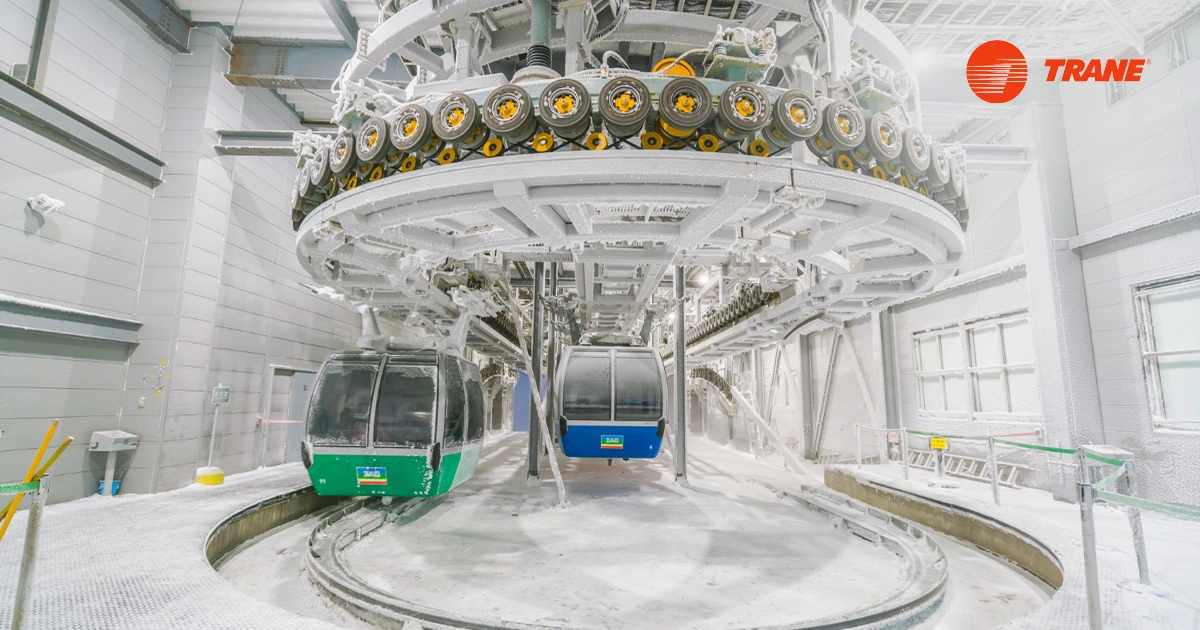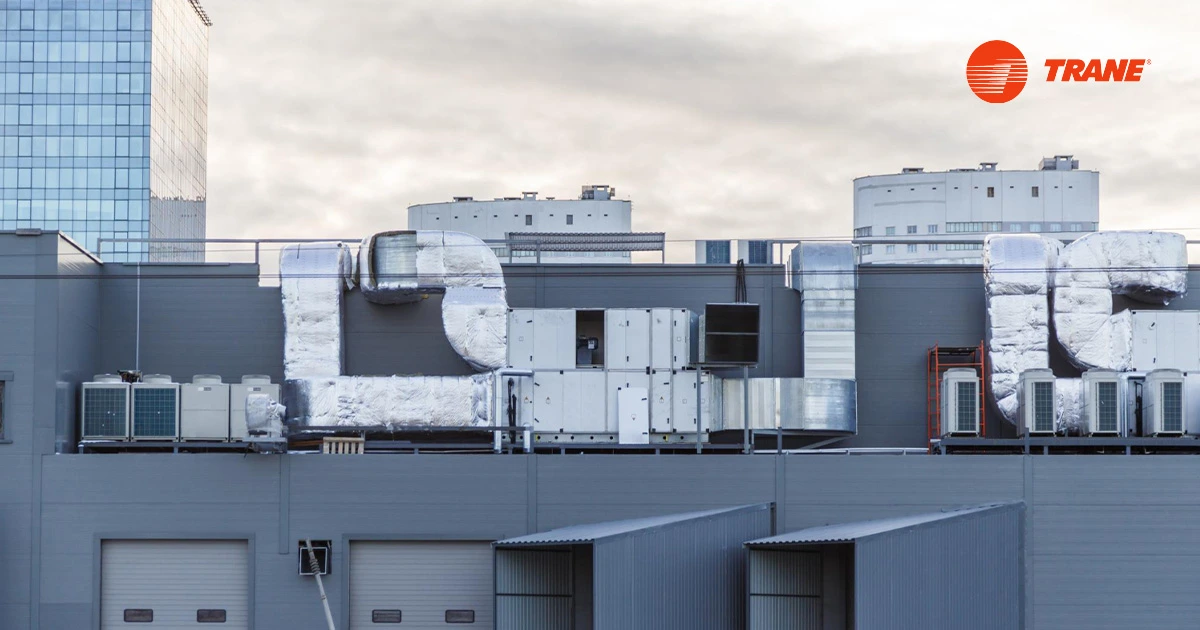Cooling Rental: Flexible Solutions for Global Business Needs
Unexpected temperature fluctuations can cripple operations, leading to downtime, product loss, and financial setbacks. When HVAC systems fail or climate conditions turn extreme, businesses need a fast, reliable response to safeguard productivity.














